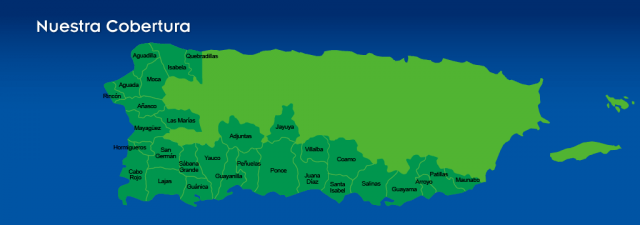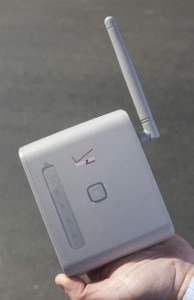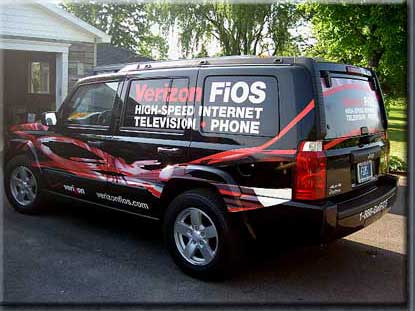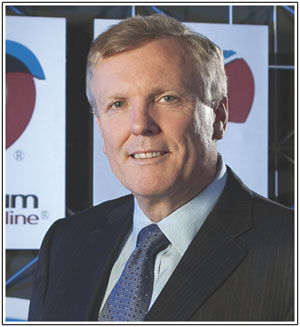 The Federal Communications Commission’s Net Neutrality rules took full effect Friday, after a three-judge panel of the U.S. Court of Appeals for the D.C. Circuit denied petitions for a temporary stay of the rules made in separate lawsuits by AT&T and other telecom industry opponents.
The Federal Communications Commission’s Net Neutrality rules took full effect Friday, after a three-judge panel of the U.S. Court of Appeals for the D.C. Circuit denied petitions for a temporary stay of the rules made in separate lawsuits by AT&T and other telecom industry opponents.
“This is a huge victory for Internet consumers and innovators!,” FCC Chairman Thomas Wheeler exclaimed in a written statement. “There will be a referee on the field to keep the Internet fast, fair and open. Blocking, throttling, pay-for-priority fast lanes and other efforts to come between consumers and the Internet are now things of the past. The rules also give broadband providers the certainty and economic incentive to build fast and competitive broadband networks.”
The Net Neutrality rules govern both wired and wireless Internet services, and most observers predict the biggest impact will be felt by wireless customers. Wireless providers have experimented with speed throttling, priority access, data caps, and so-called “sponsored data” exempt from usage caps or usage billing. Some of these practices are now illegal under Net Neutrality rules and others are subject to increased scrutiny by the FCC.
Providers generally have not opposed rules blocking online censorship, paid prioritization, and selective speed throttling, but they are vehemently against the FCC’s catch-all “Internet general conduct rule,” that effectively allows the agency to oversee issues like interconnection agreements that connect content producers with each ISP, data caps/usage billing, and issues like zero-rating — providing an exemption from an ISP’s usage allowance for preferred content partners.
Providers argue the FCC could block innovative pricing and usage-based billing they argue customers would like to have.
Other industry groups claim Net Neutrality will lead to a significant decline in investments towards broadband upgrades and expansion. But Charter Communications CEO Thomas Rutledge, now in the middle of a multi-billion dollar merger deal with Time Warner Cable and Bright House Networks, disagreed, noting it will have no effect on Charter’s investment plans for its own cable systems or those it may acquire.
“The big news today is that there is no news,” said Timothy Karr, senior director of strategy for Free Press. “With Net Neutrality protections in place, there are no dramatic changes to the way the Internet works. Internet users are logging onto a network that’s open, as they’ve long expected it to be.”


 Subscribe
Subscribe A Prattsburgh, N.Y. family-owned company has picked up where Verizon left off and is busily wiring up small communities across western New York and the Southern Tier with fiber to the home service, giving both Verizon and Time Warner Cable some competitive headaches.
A Prattsburgh, N.Y. family-owned company has picked up where Verizon left off and is busily wiring up small communities across western New York and the Southern Tier with fiber to the home service, giving both Verizon and Time Warner Cable some competitive headaches.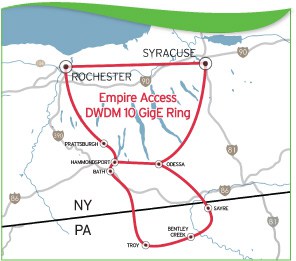 With the help of public and non-profit broadband infrastructure, residents in small communities across a region extending from Sayre, Pa., north to Batavia, N.Y., will have another choice besides Verizon or Frontier DSL, Comcast or Time Warner Cable.
With the help of public and non-profit broadband infrastructure, residents in small communities across a region extending from Sayre, Pa., north to Batavia, N.Y., will have another choice besides Verizon or Frontier DSL, Comcast or Time Warner Cable. The arrival of Empire reminds some of the days when the first cable company arrived to wire their village. Word of mouth is often enough to attract new customers, but a handful of local sales agents are also on hand to handle customer signups. From there, one of the company’s 80+ employees in New York handle everything else.
The arrival of Empire reminds some of the days when the first cable company arrived to wire their village. Word of mouth is often enough to attract new customers, but a handful of local sales agents are also on hand to handle customer signups. From there, one of the company’s 80+ employees in New York handle everything else.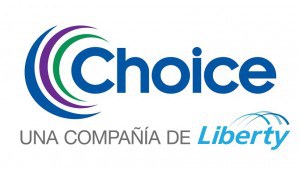 John Malone’s Liberty Global has bought out Puerto Rico’s second biggest cable television operator — Choice Cable TV — and will convert its customers to Liberty Cablevision of Puerto Rico.
John Malone’s Liberty Global has bought out Puerto Rico’s second biggest cable television operator — Choice Cable TV — and will convert its customers to Liberty Cablevision of Puerto Rico.